Research Impact

We aim to integrate fundamental discovery with solution-focused research and education in Earth, environmental, and planetary sciences, for the benefit of humanity and the environment. Our strengths are in understanding the processes in the Earth’s interior, on the Earth’s surface, in the Earth’s atmosphere, and how these domains interact with one another and with life. Earth's interior includes the crust, mantle, and core, with specific emphases on the lithosphere, asthenosphere, transition zone, and lowermost mantle. Earth's surface includes the hydrosphere, cryosphere, and biosphere.
Research foci include the history and future of extreme events such as climate change, massive volcanism, ocean anoxic events, ocean acidification, and meteorite impacts that lead to mass extinctions, as well as other hazards like large and induced earthquakes, tsunamis, volcanic eruptions, and debris flows that can lead to dramatic landscape alterations and extensive disruption to human life; anthropogenic impacts on climate change, including through air pollution, its associated feedbacks on weather, human health, and above- and below-ground water transport; understanding Earth’s carbon cycle through geologic time, and leveraging that knowledge to provide techniques for mitigating future climate change via the removal of carbon dioxide from the atmosphere; reconstructing Earth’s surface history using elemental and isotopic signatures of riverine, ground, oceanic, and lake waters and associated sediments; using biogeochemical transformations of carbon to understand soil-life interactions; inferring the evolution of the interior of the Earth and other planetary bodies, and the associated energy budget for driving geological activity via data-driven and numerical modeling of micro- and macro-deformation of planetary layers.
We bring our research into the classroom, within both majors (Environmental Sciences, Earth and Planetary Sciences), as well as in certificate programs such as the Sustainability and Energy Undergraduate Certificate and the Integrated Data Science Graduate Certificate, and more broadly inviting community-driven applications of and community-engaged research in Earth, environmental, and data science. Conversely, we welcome undergraduate students into our research groups, with award-winning results. DEEPS Alumni have gone on to teach, start companies in decarbonization, direct sustainability and energy centers, inform legislation and policy, support research of national importance within federal agencies, research laboratories, and national parks, and much more.
RESEARCH HIGHLIGHTS

Adopting zero-emission trucks and buses could save lives, prevent asthma in Illinois
Community partners advocated for research queries to support greater policy impact. Guided by the lived experiences of community partners, Northwestern University scientists have simulated the effects of zero-emission vehicle (ZEV) adoption on future air quality for the greater Chicago area.
The results were published today in the journal Frontiers of Earth Science. Motivated by California’s Advanced Clean Trucks (ACT) policy, Neighbors for an Equitable Transition to Zero-Emissions (NET-Z) Illinois members partnered with Northwestern researchers to explore how a similar strategy might play out in Cook County and the surrounding areas.
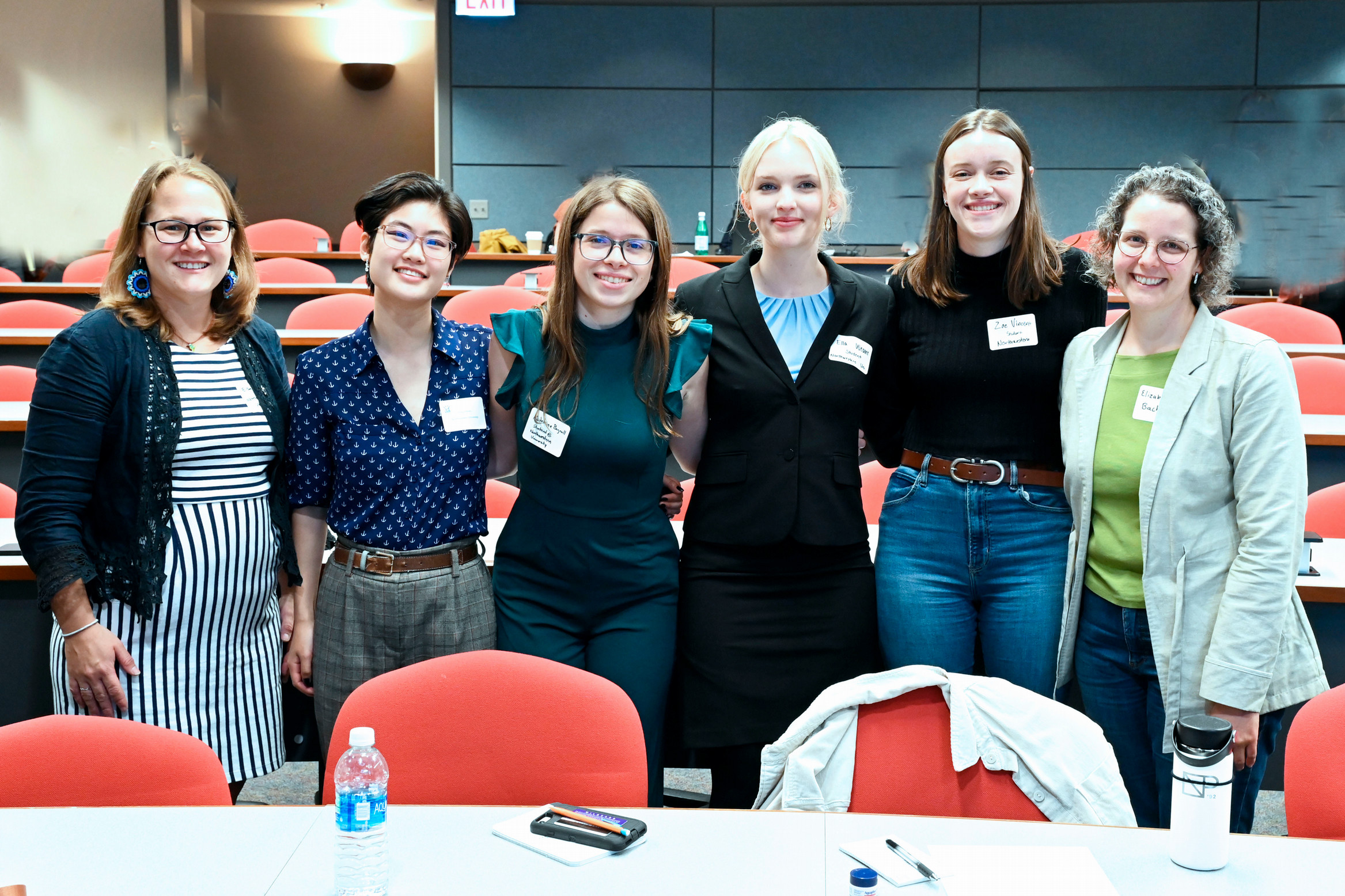
Metropolitan Chicago Data-science Corps (MCDC) helps meet the data science needs of the Chicago area
The interdisciplinary corps, MCDC, assists a wide range of community-based groups in taking advantage of increasing data volume and complexity while offering data science students opportunities to apply their skills and acquire data acumen. MCDC is comprised of five Illinois universities, led by Northwestern University. Read about MCDC's launch and how it's going.
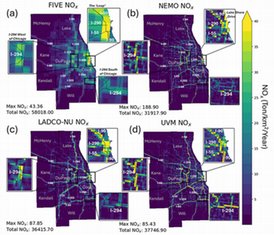
New Study Highlights Disparities in Traffic-Related Air Pollution Exposure and Challenges in Urban Emissions Modeling
Life is a highway, but what are the emissions along it? It turns out, that answer could change depending on which dataset one uses.
A new study led by Victoria Lang, a Ph.D. candidate in the Department of Earth, Environmental, and Planetary Sciences at Northwestern University, sheds light on critical disparities in urban-scale vehicle emissions data and their implications for people in metropolitan Chicago. The study, "Intercomparison of Modeled Urban-Scale Vehicle NOx and PM2.5 Emissions–Implications for Equity Assessments," was published this February in Environmental Science & Technology.
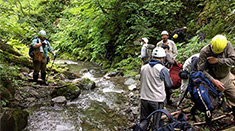
Prehistoric rock in Japan reveals clues to ocean extinction event
New analysis pinpoints timing and duration of extreme environmental disruption that choked oxygen from Earth’s oceans.
By studying prehistoric rocks and fossils emerging from the side of Mount Ashibetsu in Japan, researchers have precisely refined the timing and duration of Ocean Anoxic Event 1a (OAE 1a), an extreme environmental disruption that choked oxygen from Earth’s oceans to cause significant extinction, especially among plankton.
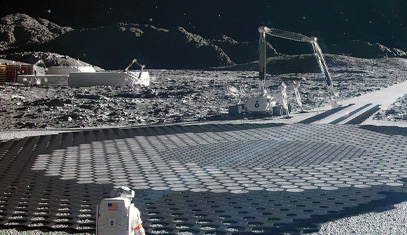
Turning Moon Dust Into Building Blocks
READ THE ARTICLE HERE
Is Farming the Key to Carbon Capture?
READ THE ARTICLE HERE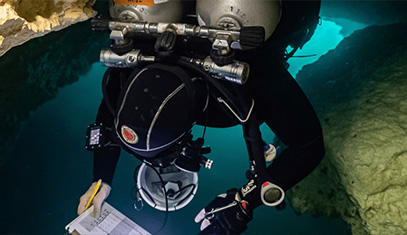
Underwater Achievements: Environmental-Earth scientist Patricia Beddows continues shaping the future of underwater science
READ THE ARTICLE HERE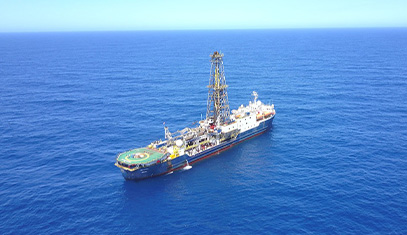
Malformed seashells, ancient sediment provide clues about Earth’s past
READ THE ARTICLE HERE








